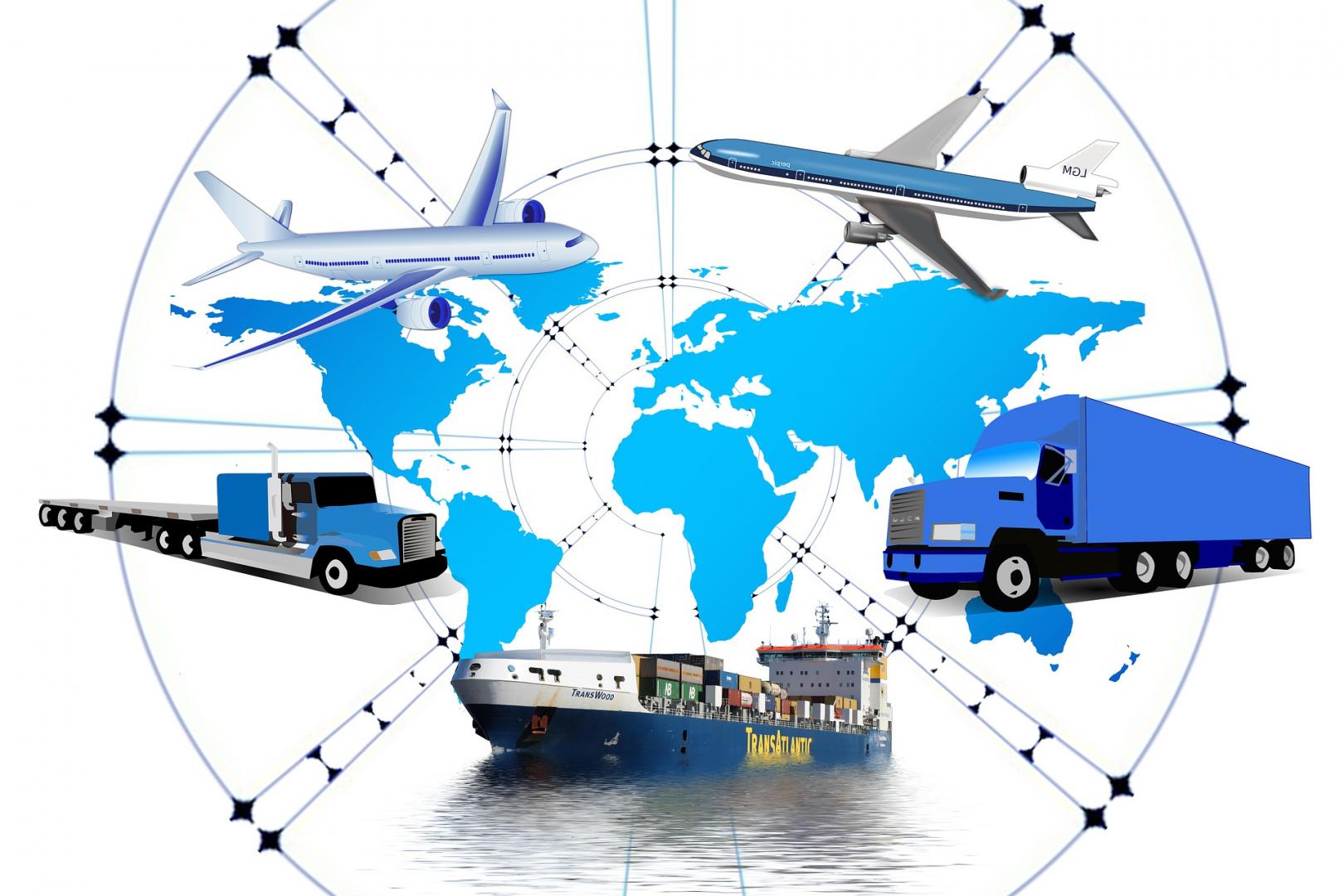The ability to control the delivery system or at least use it in an ideal way is essential to the success of a business. This ensures that all the goods are delivered to the customers in time, which results in a positive customer experience and brand reputation. It is also essential that no items are misplaced or damaged in the process, which protects your assets every step of the way. Lastly, if you’re waiting for supplies for too long, your manufacturing/sales may be put to a halt. Overall, efficient logistics are the key to the success of your enterprise. Here’s how this industry is changed under the influence of technology.
1. Shipment tracking system
The first major logistical boost comes from the advancement in GPS and shipment tracking technology. This way, you always know where each item in your logistical chain is located at the moment, which makes a world of difference. First of all, if there’s a problem, you’ll be alerted of it right away. Second, it allows you to update your customers, thus increasing the effectiveness of your customer service by quite a bit. In fact, a lot of businesses even allow their customers to track their shipment via GPS, which drastically improves the overall customer experience and earns your brand some extra points.
2. Automation and robotics
The next thing worth discussing is the role of robotics in today’s warehouse business. In 2012, Amazon paid $775 million in order to acquire Kiva Systems, which was a major robotics manufacturer. At that time, the majority of people believed this investment to be excessive, even outright preposterous. However, over the course of time, it proved to be one of the best investments that this conglomerate has ever made. Today, all their warehouses have a high level of robotization and a lot of smaller warehouse businesses are eager to implement this technology, as well.
3. Outsourcing freighting
Today, we live in a world of cooperation and collaboration. The key thing that the majority of businesses need to understand is that finding someone more skilled to entrust with the task at hand gives them the freedom to focus on their core tasks. A perfect example of this is the situation with overseas freighting. By finding reliable freight companies and entrusting them with this task, you also get the privilege of skipping all the paperwork and rules regarding custom. In this day and age, where the pandemic has put a major question sign on international freighting, this type of specialized help can be seen as a saving grace.
4. Drone deliveries
Drone deliveries are another massive upgrade to the global delivery chain. The drone industry alone has undergone a significant boost in the last 4-5 years. While this is an incredibly effective method of delivery that has numerous advantages, the truth is that there are still a lot of problems that this trend needs to overcome in order to unleash its full potential. For instance, there are privacy issues, drone operating certificates and more. Keep in mind that this trend is still new and its numerous benefits almost ensure that there will be an extensive effort made in order to overcome these problems.
5. Autonomous vehicles
Finding reliable drivers is one of the greatest challenges in the delivery industry and a road bump for a lot of those trying to get their logistical chain in order. With the help of autonomous vehicles, this problem may be partially solved. We’ve already discussed drones, which are also counted amongst autonomous vehicles, however, there are other forms of driverless delivery methods that are currently being explored. For instance, California recently introduced a driverless delivery service and the results are quite formidable at the moment. Driverless delivery is also a thing of great importance during the pandemic, due to its contact-less nature.
6. Wearable technology
Another thing you need to consider is the issue of wearable technology and the ways in which it can improve the logistics industry for good. Wearables can help track metrics of people commandeering vehicles that are in your fleet. If their vitals are acting odd in any way, these wearables can warn them to stop and take a break/request medical attention before it’s too late. Needless to say, this kind of insight can also help you improve the working conditions within your fleet quite drastically. This way, you can increase the overall safety by quite a margin.
In conclusion
Some people see the idea of keeping everything under direct control as a top priority. The problem with this logic lies in the fact that it ignores the real priority – the overall efficiency. The most cost-effective method, as well as the one that provides you with optimal results, is always the best. These objective metrics should never be neglected for the sake of a subjective sense of control. Keeping your priorities in check is the only responsible way of running a business and handling your logistics.






